6 Month Baby Food – Chart, Meal and Recipes

The growth of a newborn baby is so drastic that you’ll be surprised that a munchkin that tiny can grow so fast. And what aids this rapid growth and development is the food that the baby consumes. Now we know that babies need to be breastfed for quite some time, but when they turn six months old, their dietary and nutritional requirements need to be upgraded. Yes, that’s when they need to be weaned on to solids. If you’ve been looking for some food ideas for your 6-month-old, you will find this article pretty helpful. Let’s begin with understanding the essential nutrients your 6-month-old needs and all you need to know about 6-month-old food.
Nutrients Essential for a 6-Month-Old Infant
Breast milk is the healthiest food for any baby for the first six months. But that isn’t all. By the time your baby hits six months, you will have to start incorporating other 6-month baby foods that are packed with nutrients as well (1).
- The first nutrient that a baby needs is protein. There’s a good reason why proteins are known as the building blocks or our body and are considered one of the most important nutrients. Proteins help in the growth as well as repair of the muscles and tissues. Infants need this, as, at this stage, growth happens at a rapid pace (2).
- Iron is the next most important nutrient. It is great for brain activity and haemoglobin. A newborn child has enough iron that sustains for about four months, after post which you will have to incorporate iron through foods into the child’s diet (3).
- Omega 3 fatty acids come up next because they are great for your baby’s vision, brain development and cognitive skills (4).
- Calcium is one of the most important nutrients for a six-month-old baby as it helps in bone and teeth development. A minimum of 500 mg a day is a must. Breast milk has quite a good amount of calcium, as does baby formula. Make sure you give your baby enough calcium for stronger bones and teeth (5).
- Vitamins are essential, too, for the baby (6).
- Vitamin A and C are great for your baby’s skin and vision.
- Vitamin B is necessary for boosting your baby’s immunity and metabolism.
- Vitamin D is best for healthy bones.
- Vitamin E is needed for the development of the nervous system.
- Vitamin K helps in preventing blood clots.
- A minimum of 3 mg of zinc is a must, as it helps in the production of white blood cells that aid in boosting the baby’s immunity (7).
- Carbohydrates are needed for energy, so that’s another nutrient that your baby needs (8).
Can You Introduce Solid Food to Your Baby?
Babies aren’t capable of digesting solid food until about six months, so once your baby is six months old, you can start giving semi-solid and solid food at a gradual pace.
Look for these signs to know when your baby is ready for solids. Firstly, your baby should be able to support his head and hold it upright. Secondly, when you place your baby in a sitting position, your baby should be able to stay that way without support. If your baby’s weight is almost double compared to the birth weight, then that’s a green signal, too. Another sign your baby is ready for solids is when he starts pushing food into the back of the mouth instead of outside the mouth (9).
Food Ideas for a 6-Month-Old Baby
Your baby is tiny, and your baby’s tummy – tinier. This means that you need to take this really slow, so start by introducing the following foods in small portions. Here is a list of food ideas for a 6-month-old:
- Banana – Bananas are not just tasty; they make for one of the best baby foods as well. The fact that this fruit is soft and mashable is a plus as well. Bananas are rich in potassium, which is a great mineral for your child.
- Rice – Rice is good for babies as well. Boil it until it’s semi-solid and mix it with milk (breastmilk) for your baby.
- Oatmeal – You can give oatmeal with breastmilk, just like rice, to your baby. Oats have a high fibre and mineral content.
- Avocado – Like bananas, this fruit is soft and can be mashed, too. It is rich in vitamins and minerals.
- Apples – You can give your baby apples as well. Just make sure you peel them and remove the core and the seeds. If you want to keep the peel, make sure you grind the fruit really well.
- Carrots – Boil a carrot and mash it up for your baby. Your child might not like the taste very much, but it does make for great six-month baby food.
- Peas – Green peas can be boiled and mashed. You can add some salt to the mashed green peas and feed your baby.
- Potatoes – Mashed potatoes with a pinch of salt are high in carbs, and your baby will love them.
You could mix a few of these fruits and vegetables and make some more interesting food recipes for your 6-month-old baby.
Feeding Tips for a 6-Month-Old Baby
These feeding tips will help you manage any feeding issues you may face when introducing solids to your 6-month-old baby (10).
- Your baby is not going to dig into the new food right away. Therefore, be patient with your child.
- Try to distract your child with toys until your baby gets the taste of the foods. It gets easier from there on.
- Don’t force-feed or overfeed your child.
- Make sure you give tiny sips of water to wash down the food.
- Make sure you make the baby burp after eating.
- Never feed your baby if he is crying. The baby might choke.
6-Month-Old Baby Food Recipes
Introducing solid foods to your 6-month-old is an exciting milestone! Below are some nutritious and easy-to-make recipes to get you started.
1. Sweet Potato Puree
Sweet, creamy, and packed with vitamin A, this velvety puree is a perfect first food for your little one!
Ingredients
- 1 small sweet potato
- 1-2 tbsp breast milk/formula/water (for thinning)
How to Make
- Peel and chop the sweet potato into small cubes.
- Steam or boil until soft (about 10-12 minutes).
- Blend with a little breast milk, formula, or water until smooth.
- Serve lukewarm.
2. Banana Avocado Mash
This no-cook, super-smooth mash is a powerhouse of healthy fats and natural sweetness—babies gobble it up!
Ingredients
- ½ ripe banana
- ¼ ripe avocado
How to Make
- Mash the banana and avocado together with a fork until smooth.
- Add a splash of breast milk or formula if needed for a thinner consistency.
- Serve fresh.
3. Carrot & Apple Puree
A subtly sweet combo that introduces baby to new flavours while being gentle on tiny tummies—naturally delicious!
Ingredients
- 1 small carrot (peeled and chopped)
- ½ apple (peeled and chopped)
How to Make
- Steam or boil the carrot and apple until tender (about 8-10 minutes).
- Blend into a smooth puree, adding water if needed.
- Let it cool before serving.
4. Rice Cereal
A classic starter food that’s easy to digest and perfect for mixing with other purees as baby grows.
Ingredients
- ¼ cup rice (white or brown)
- 1 cup water (or breast milk/formula)
How to Make
- Grind the rice into a fine powder using a blender.
- Cook with water over low heat, stirring continuously, until thickened (5-7 minutes).
- Mix in breast milk or formula for a smoother texture.
- Serve at room temperature.
FAQs
1. Can I add spices like cinnamon or turmeric to my baby’s purees?
While many parents stick to plain purees, mild spices like cinnamon (in tiny amounts) can be introduced as early as 6 months to expand flavor exposure. Avoid salt, sugar, and strong spices like chili. Always check with your pediatrician first.
2. Is it safe to use frozen vegetables for homemade baby food?
Yes! Frozen veggies (like peas, carrots, or broccoli) are flash-frozen at peak freshness and can be just as nutritious as fresh ones. Just ensure they’re thoroughly cooked and blended to a smooth consistency.
3. Why does my baby make faces while eating—does it mean they dislike the food?
Babies often grimace or frown when trying new textures and flavours—it’s usually a reflex, not dislike! Keep offering the food gently; it can take 10+ tries before they accept it.
This was all about baby’s first foods at 6 months. Every milestone in your little one’s life is a big deal. Introducing your child to solids is one of those milestones. With the right kinds of foods and tips, your baby will be eating well in no time.
Also Read:
Food Ideas for 7 Months Old Baby
8 Month Old Food Ideas for Baby
Nine Month Old Food Ideas with Chart
Was This Article Helpful?
Parenting is a huge responsibility, for you as a caregiver, but also for us as a parenting content platform. We understand that and take our responsibility of creating credible content seriously. FirstCry Parenting articles are written and published only after extensive research using factually sound references to deliver quality content that is accurate, validated by experts, and completely reliable. To understand how we go about creating content that is credible, read our editorial policy here.








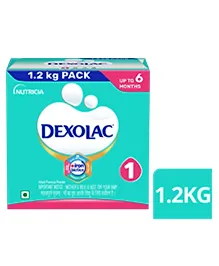

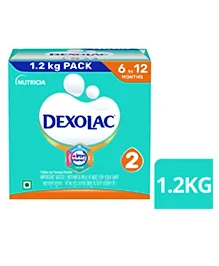
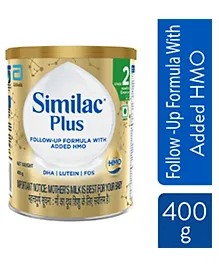
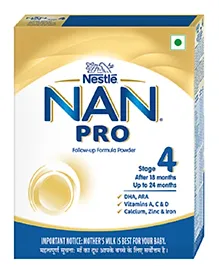
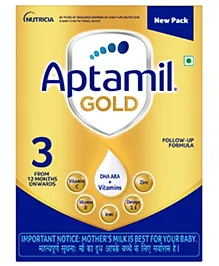
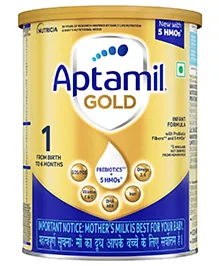
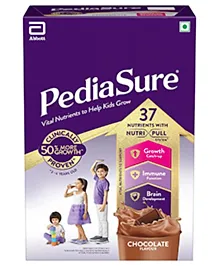
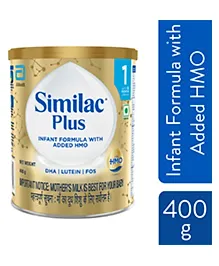
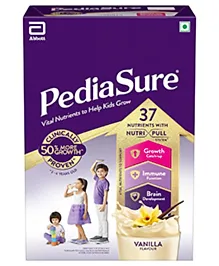

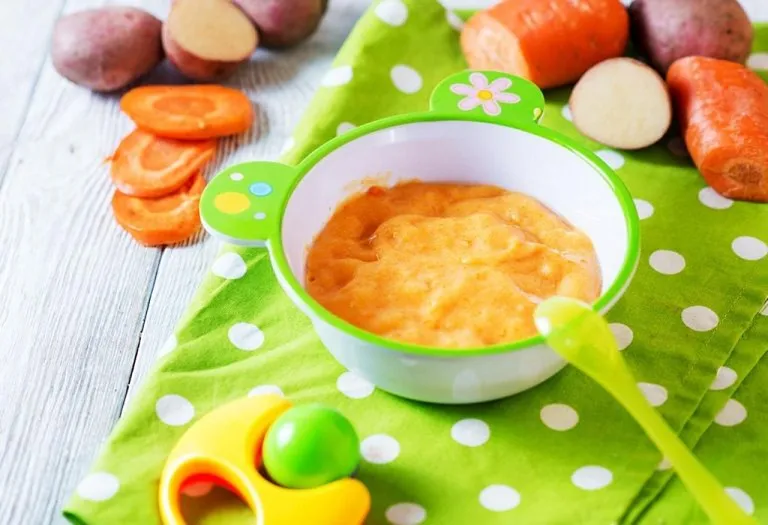
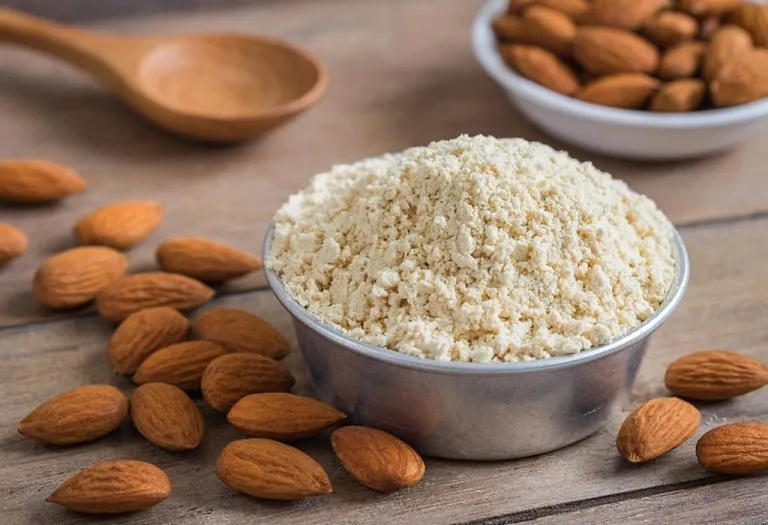
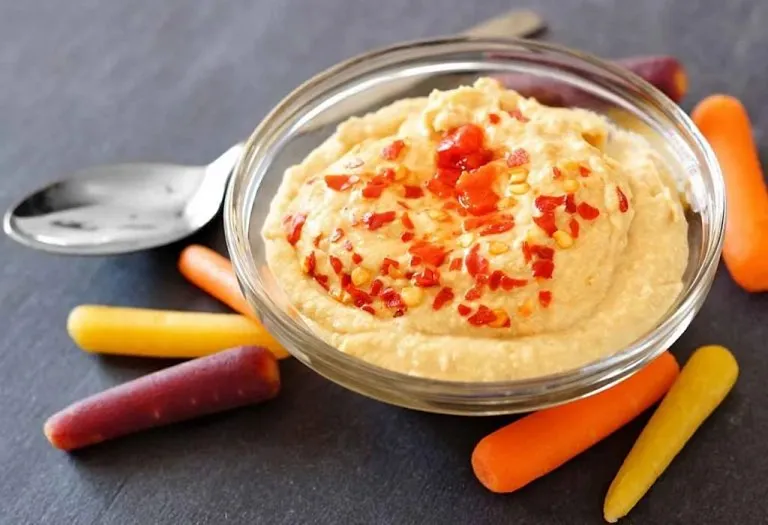



.svg)


















